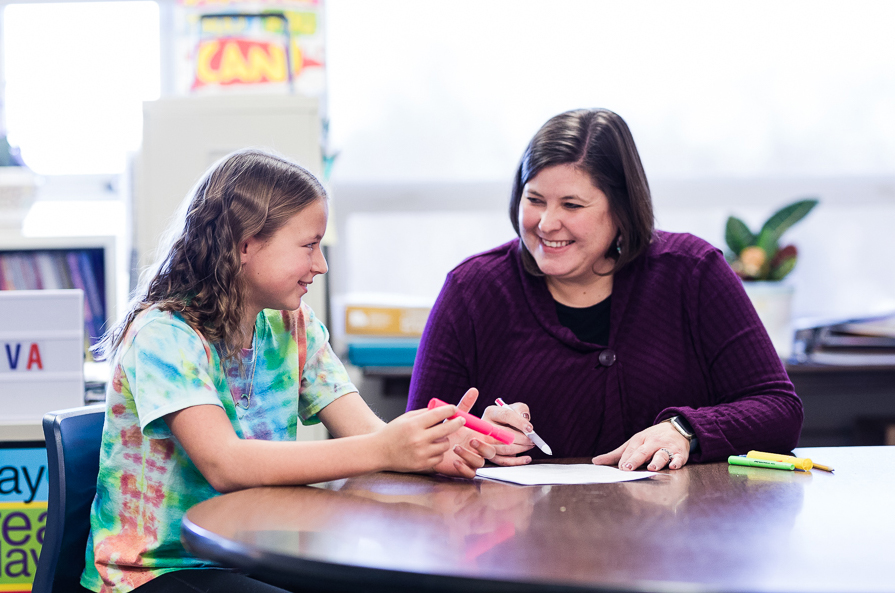
Listening: How It Can Make a Difference
June 10, 2021
What to Know if You Are Considering Hiring a Tutor
June 23, 2021
It’s summer time! I’m certain we, and our school age children, have all been looking forward to it. While you’d think that tasks would slow down for those of us working in a school environment, nothing could be further from the truth.
In fact, here at Springer, we are well into our first week of our Adventures in Summer Learning program. To say that this week has tested my planning, organizing, and prioritization skills would be an understatement, which got me thinking about what to write for this week's blog topic...executive functioning.
Currently on my desk there are no fewer than five projects in progress and, in the brief moments I have been able to get into my office this week, I am constantly faced with the reminder that these projects need my attention. Which got me thinking again...thinking about how our students with executive function difficulties feel when they experience task overload. For myself, I can’t recall a time when I wasn’t planning or organizing something-it just came naturally. But even the most efficient and proactive planner can stumble at times, and it is not a pleasant feeling. I would imagine the hurdle for our students to overcome their executive function difficulties probably feels insurmountable.
So, as I am able to sit here in my office with all of my current projects surrounding me...feeling like they are becoming an insurmountable hurdle, my eyes land on a truly bright spot amidst the chaos. One of Springer’s very own, Meredith Burgess, created an image that contains her version of what it feels like to have executive function deficits...depicting what we refer to as the funnel. Meredith shares that it often feels like large amounts of information going in become clogged as it begins to filter through the smaller portion of the funnel. This clog then contributes to feelings of being stuck or frozen, frequently resulting in an inability to accomplish even the smallest or simplest of tasks.
As I reflect on what feels like an incredibly hectic week, I remind myself that there are many children who struggle with feelings of inadequacy and frustration every day because they are unable to make a plan, to organize their thoughts, or to prioritize a task. These are the children who need our patience and understanding the most. Let’s help them unclog that funnel.
If you're looking for more information on executive function, here are some great resources to assist you in your search:

Blogger Lisa Bruns, M.Ed., Special Education, shares her expertise of students with learning disabilities. As a special educator, she has expert knowledge of interventions and accommodations that students may need to succeed in and out of the classroom. If you have questions, please contact Center Director Lisa Bruns at .



